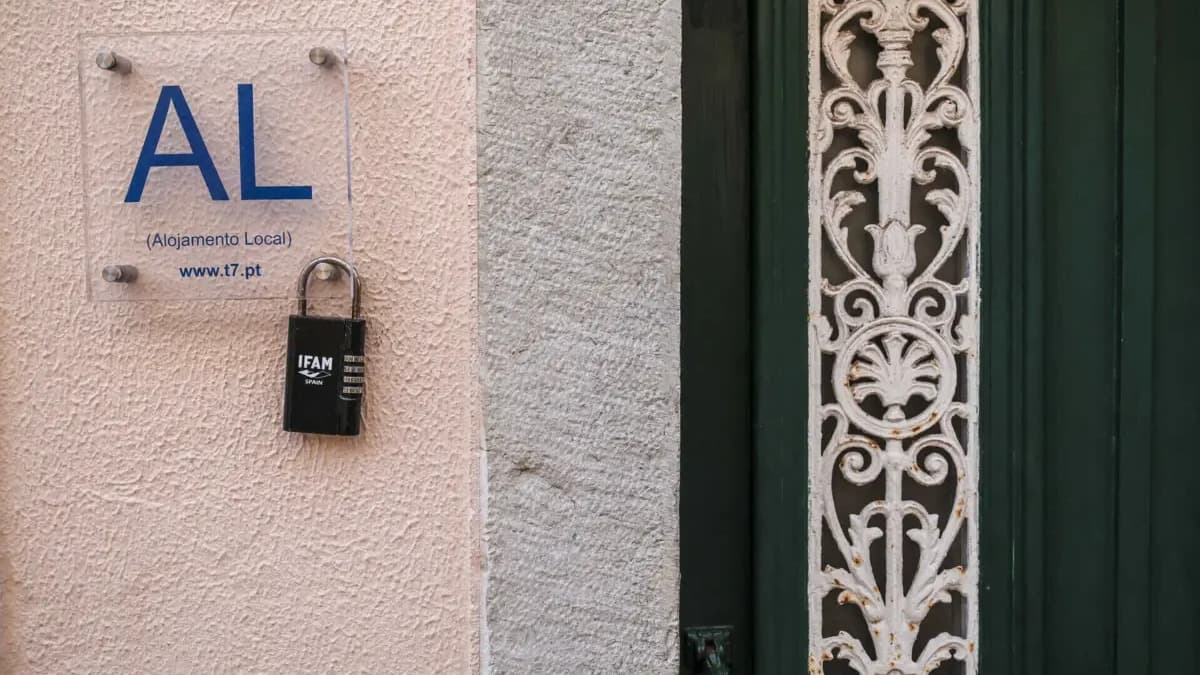Corporate entities hold over 12% of short-term rental properties in Lisbon
Data from Portugal's Registo Nacional do Alojamento Local (RNAL) indicates a significant presence of corporate ownership within the short-term rental market in the country's main urban centers. In Lisbon, companies are the registered owners of 3,304 out of a total of 25,966 Alojamento Local (AL) establishments. This number corresponds to 12.7% of the total registered units in the capital, signifying that at least one in every eight short-term rental properties is operated by a corporate entity.
The proportion of company-owned properties is even greater in the city of Porto. There, corporate holdings account for over 14% of the 14,498 registered AL units. These figures, sourced from the national registration platform as of August 20, provide insight into the structure of the tourist accommodation sector in Portugal's two largest cities. The national registry reported a total of 124,700 active AL registrations across the country on that date.
This concentration of ownership by businesses points to a professionalization trend within the sector, which has been a subject of public and regulatory debate. The discussion often revolves around the impact of large-scale tourist rentals on the availability and affordability of long-term housing for residents. Municipal authorities in both Lisbon and Porto have previously introduced containment zones and other licensing restrictions to manage the growth of AL establishments, particularly in historic and high-pressure neighborhoods.
Need Expert Guidance?
Get personalized insights from verified real estate professionals, lawyers, architects, and more.
The data from RNAL provides a quantitative basis for understanding the composition of property ownership in the AL market. According to Eduardo Miranda, president of the Associação do Alojamento Local em Portugal (ALEP), “The data reflects a market with a diversity of operators, from small individual owners to larger, professional companies. This professionalization can bring benefits in terms of quality of service and compliance, but it is a factor that must be monitored by regulators.” He added that the majority of the market, nearly 87% in Lisbon, remains in the hands of individual proprietors, many of whom depend on the income to support their families and maintain their properties.
Economists analyzing the housing market suggest that the level of corporate investment in short-term rentals is a direct response to the high returns generated by Portugal's booming tourism industry. A report from the Banco de Portugal released earlier this year noted that tourism revenues continue to be a major contributor to the country's economic performance. The profitability of the AL sector has attracted significant investment, leading to the current market structure where both individual and corporate players coexist.
The disclosure of these ownership statistics is expected to inform future policy discussions regarding housing and tourism. The government has previously signaled its intent to balance the economic benefits of tourism with the social need for affordable housing. Measures included in the 'Mais Habitação' (More Housing) program, for instance, were designed to create incentives for property owners to shift from short-term to long-term rentals, although the effectiveness and final form of these policies remain under review. The current data provides a clear picture of the stakeholder landscape as these discussions continue. Discover rental property opportunities and regulations at realestate-lisbon.com.




